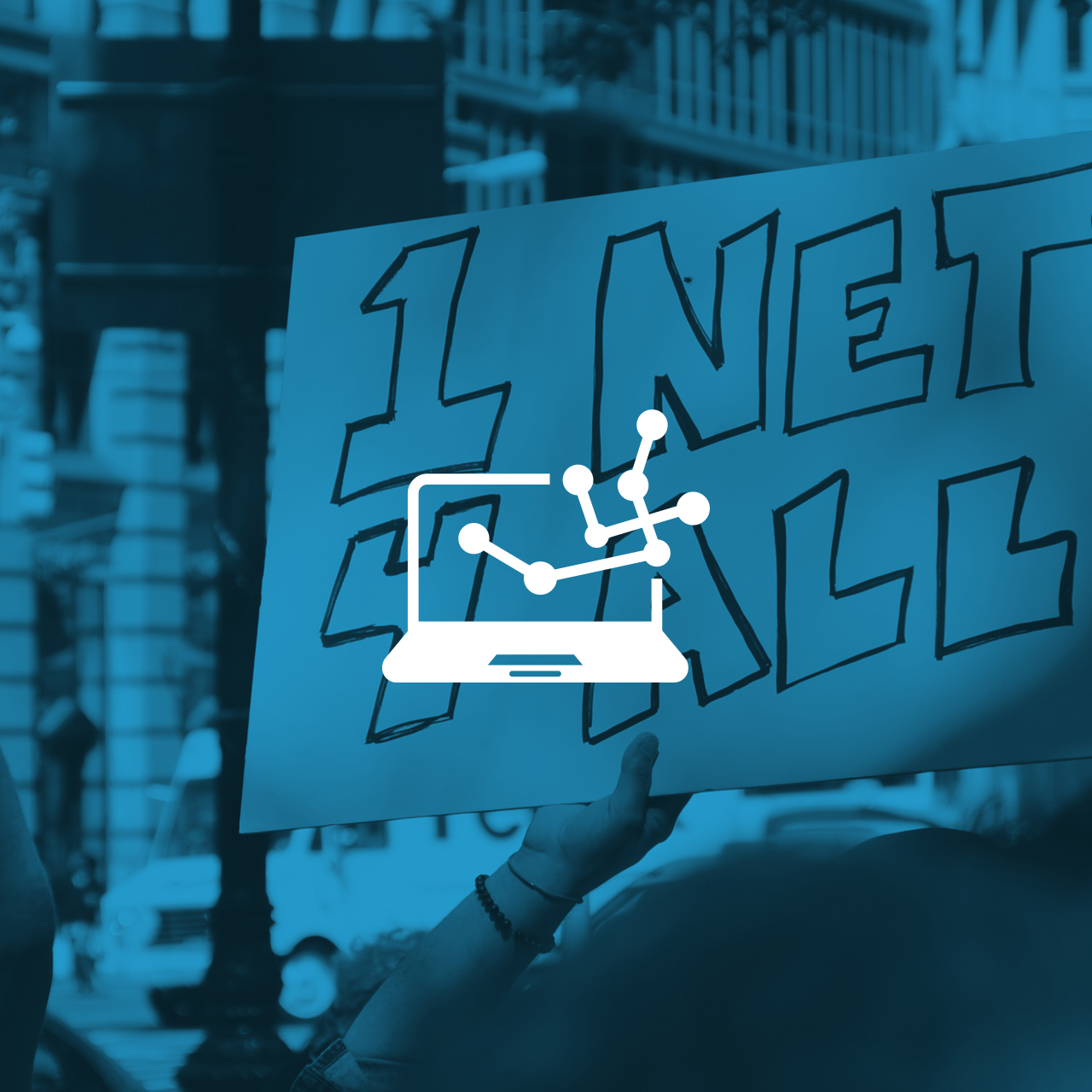
Next week, the U.S. Federal Communications Commission will vote on rules that, it says, would finally put in place Net Neutrality protections for U.S. internet users. While we are optimistic about the strength of these rules, we’re also worried they will fail to adequately protect against so-called “zero rating” services — schemes devised by internet providers and services like Facebook, Wikimedia, and Spotify in which app usage doesn’t count against data caps —and other forms of price discrimination.
As FCC Chairman Tom Wheeler wrote earlier this month, the FCC will consider rules that would treat broadband carriers as “telecommunications providers” under Title II of the U.S. Communications Act. This move would let the FCC exercise its full authority to protect users from online discrimination by internet service providers.
This vote is a big deal. Millions of internet users have urged the FCC to take this crucial step, and advocates have been working toward this moment for nearly a decade. Digital rights advocates around the world have taken notice as well, with more than 30 groups submitting a letter to the FCC in support of its rules to be voted on on Feb. 26.
But… we’re not in the promised land just yet. As some civil rights groups, businesses, and others have pointed out, the FCC’s proposed rules (or what we can gather of them; the full text won’t be released until after the vote), fail to ban zero rating services. The result is a set of rules that are actually weaker than the FCC’s 2010 Open Internet Order, which was thrown out by a federal court last year, and weaker than Europe’s draft Telecoms Single Market regulation. In addition, numerous countries, including Canada, Norway, Chile, Netherlands, and Slovenia, have already banned the practice of zero rating.
For us, zero rating is a clear violation of the core principles of Net Neutrality. Any rules that allow for such schemes would, sadly, not allow for real protections against online discrimination.
This week Access filed comments with the FCC making it clear that, in order to truly protect the open internet and honor the principles of Net Neutrality, the agency must include strong language banning zero rating in its upcoming rules. This is an urgent issue not just for U.S. users, but for users around the world whose policymakers are looking to the FCC for cues about their own approach to the issue. As we write in our letter:
The U.S. has ensured that those who are newly connected, on both fixed and mobile, gain access to “the Internet.” Indeed, a recent joint study by Facebook and McKinsey & Company found that “U.S. residents were at the vanguard of the global population in encountering, understanding, and embracing the utility of the Internet.” A central tenet of this proceeding is ensuring the U.S. continues as a global vanguard. Allowing the dangerous practice of zero rating to continue will achieve the opposite result.
Beyond creating dramatically misleading perceptions for users, price discrimination schemes, such as zero rating, skew the competitive marketplace and setup gatekeepers that can quickly stifle innovation. The FCC has heard from a multitude of venture capitalists and startups about the dangerous and harmful implications zero rating will have on these communities.
Zero rating and price discrimination are not — yet — as rampant in the U.S. as they are in other countries. But we know that carriers intend to implement them. In fact, in its own comments to the FCC, Verizon, the dominant mobile carrier in the U.S., explained that it opposed the FCC’s failed 2010 rules specifically because they included a ban on specific zero rating practices. A failure to include such language in the FCC’s new rules would not only render them weaker than what came before, but would also create a giant opening for Verizon and other carriers to perpetrate rampant online discrimination.
Today the FCC enters its “sunshine week,” in which the agency will be closed to outside comment and will begin considering the text of the rules to be voted on next week. We hope the agency incorporates our comments, and moves to pass rules that protect real Net Neutrality.
photo credit: Thomas Galvez
